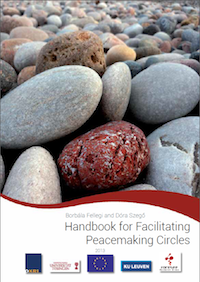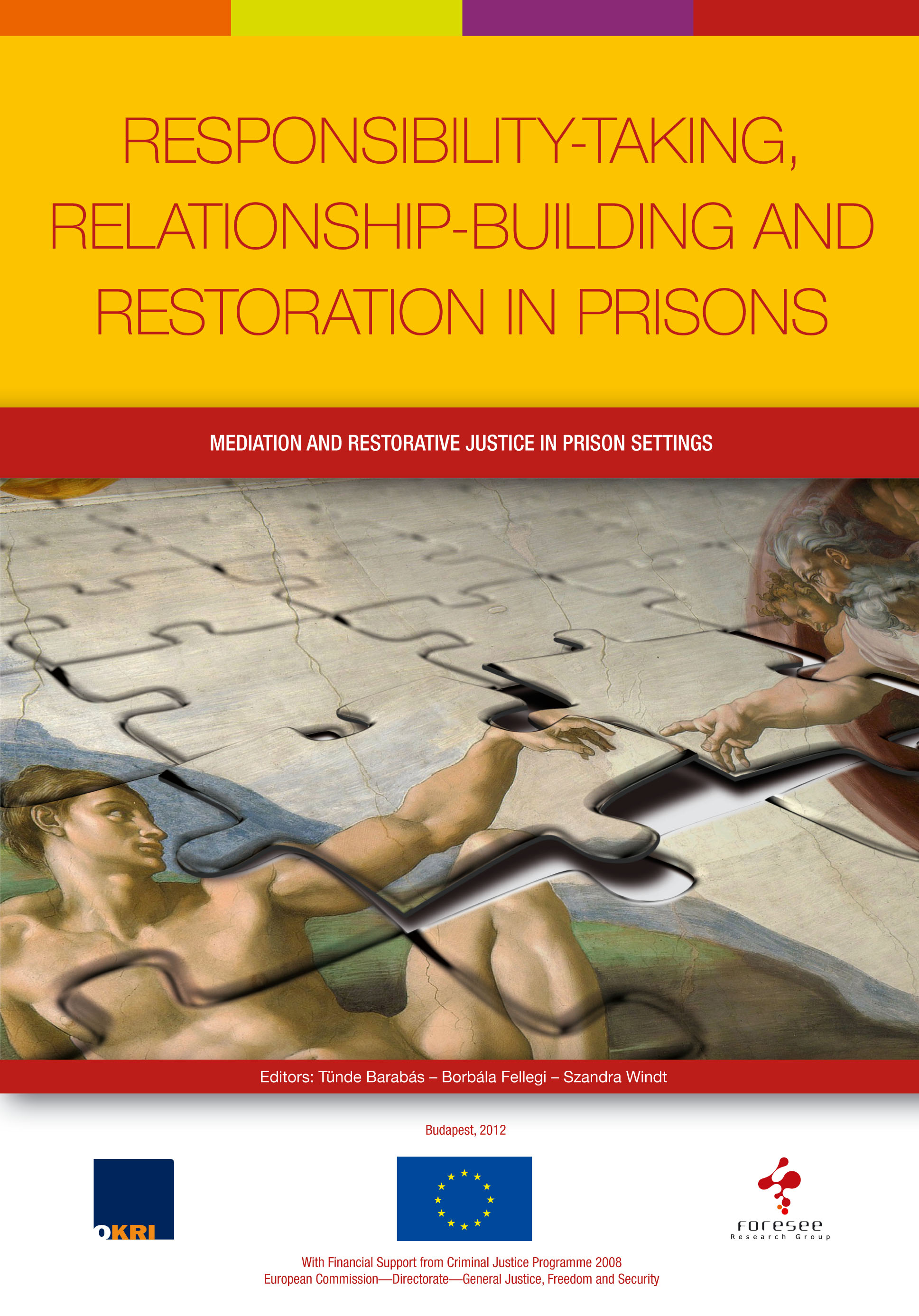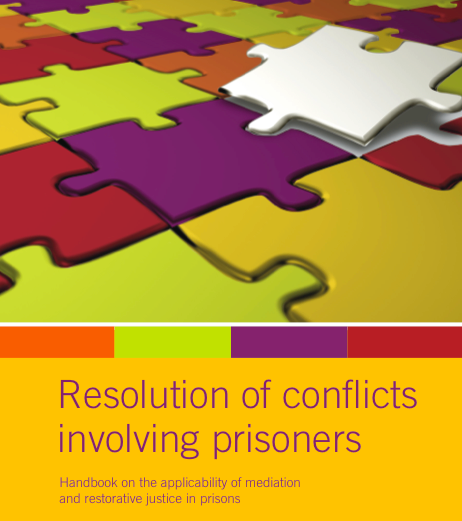Source:
http://www.migraciokutato.hu/hu/2016/06/06/preventing-violent-radicalisation/
The Migration Research Institute and the National University of Public Service held a workshop on preventing violent radicalisation.
Mr Péter Tálas, dean of the Faculty of International and European Studies stressed the importance of workshops alike when pointing to the fact how common people have a limited knowledge regarding the roots and effects of the phenomena, being provided with a chance of getting in touch with the topic only through media. The workshop’s moderator Ms Hanga Sántha on behalf of the Migration Research Institute added that it is essential for all of us to understand the processes since radicalization keeps strengthening regardless of the underlying ideologies.
Mr Steven Lenos, a Dutch representative for Radicalisation Awareness Network (RAN) expressed his views first in his presentation. He talked about RAN as a network of networks which supports bottom-up methods and lets practitioners and policy-experts work together against radicalisation in Europe. He stressed out the importance of the operative co-operation at an intra-EU level as well as with third countries and added that outcomes shall be shared with external actors as wide as possible. About radicalisation as a phenomenon he said it is a process with possible ways and there is no simple list of indicators for that. The families and communities that are often referred to as hotspots of radicalisation are more like victims of the atrocities around violent acts and according to Mr Lenos these local level communities are the keys to prevent radicalisation. In relation to this he highlighted that schools and educators have important roles in preventing violence as children become citizens and there are values that can be learned through education. Thereupon he drew up the steps which local network may establish through: first one has to identify the convenient level of intervention, likewise the reason of establishment and its contributing actors (taking Western-European samples more informal sublevels, like individuals, teachers, researchers, could be more effective in practice, and efficiency may further developed if the least executive counterparts are preferred). As he said “a network is a living organism which needs to be cured.” There is much that the educational institutions can do against hate speech and spreading intolerance in Hungary: however, external actors, like the police or the government has to leave the space for the schools to give so that they can express how they interpret certain phenomena and what they should do against that (“more option, less order”).
DSC_9947-2
Ms Borbála Fellegi, executive director of Foresee Research Group also emphasized bottom-up methods against radicalisation because their authenticity ensures commitment from the local communities, namely the civil society and the schools. However, she warned, to support their bridging role they need partners of different kind. One shouldn’t keep focusing just onto “deficits” (what the problem is) but rather to “gifts” (what we personally can do) instead. If there is a solid ground where to start from, commitment may overcome compliance. She underlined that hearing the stories and stepping back from preventing personal unfolding seems to be a must for the success. According to her expertise radicalisation is just the tip of the iceberg. Professionals have to work for discovering which is invisible for the first sight. The stories of individuals should be told because those are just as important as global goals. She added if individuals feel self-importance and potential for positive contribution, he or she may join to any initiative.
Mr Áron Somoskövi from the Hungarian Counter Terrorism Centre agreed that it is important to raise local awareness and to maintain the security of the local communities as well as to concentrate on the individuals in the process of radicalisation. However, there is a definite need for early-warning and timely information which both requires awareness raising and extensive cooperation network. Though it is self-evident that the persons themselves should be targeted first and intervention from the law enforcement agencies shall remain ultimate, sometime this latter is unavoidable. He agreed that it is not absolutely necessary to cooperate with the leader of a community, since radicalization is something personal too.
Mr Mihály Kovács from the Hungarian Prison Service explained the situation of Hungarian prisons in connection with violent radicalisation. He said that the ratio of inmates with foreign background in Hungarian prisons is around 4% which is at least 10% lower than in Sweden, France or the UK. Although Hungarian prisons do not keep track of the inmates’ religious beliefs, based on their descent, a little less than 300 convicts may be associated with the Muslim religion. Inmates normally hold together on geographical basis, rather than on a religious one (unlike in the US, no gangs exist). The statistics show that violent radicalisation is not significant in Hungary, but the prisons’ job is to enhance cooperation among respective counterparts (e.g. the Hungarian Islamic Community), to collect and share information within the same circle of professionals, to concentrate on early warning, identification and prevention via studying international practices, as well as to regularly train their staff and to place the inmates correctly. He underlined that there is an existing good cooperation in this regard among several law enforcement and national security agencies (e.g. Counter-Terrorism Office, Constitution Protection Office, National Protection Service, National Police Headquarters and Centre against Organized Crime) in Hungary.
Questions referred to the existing level of cooperation among different counterparts in preventing radicalization in Hungary as well as to good samples in Europe (e.g. Finland, Czech Republic). To accelerate the process of joint thinking, the Migration Research Institute offered to congregate all the professional counterparts working in the field of radicalization prevention in a few weeks for holding a kick-off meeting at an operational level.














No comments